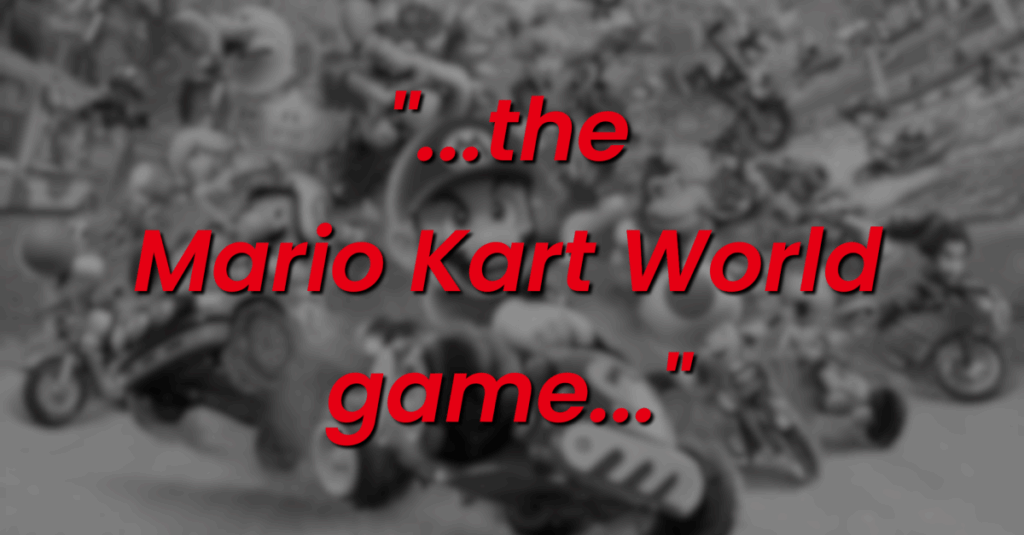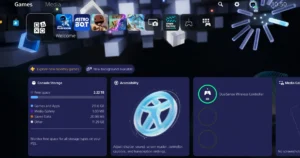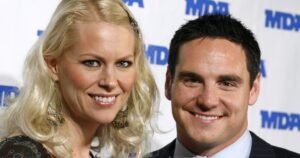Nintendo’s awkward marketing language, explained

While everyone was enjoying the massive deluge of Switch 2 news Nintendo uncorked on April 2, my broken brain couldn’t help but focus on something far less important: awkward marketing language.
I’ve struggled to come up with a succinct and simplistic way to explain this to other people, so let’s instead use an example from last week’s presentation on Mario Kart World. Listen to how the narrator begins this video around the 21-second mark and see if you can spot what I’m talking about.
“Drivers! Start… your… engines!”
All good so far. Go-karts traditionally have both drivers and engines.
“Welcome to the Mario Kart World game…”
Hm. I’m noticing a few unnecessary words there, but maybe over a decade in writing has given me permanent editor brain.
“…available exclusively on the Nintendo Switch 2 system!”
Okay, yeah, he’s definitely using too many words.
The phrases “the Mario Kart World game” and “the Nintendo Switch 2 system” are so awkward, and this isn’t the first time Nintendo’s referred to its products like this. Here’s another example from a Super Mario Bros. Wonder stream from August 2023. It starts around the 1:34 mark if my timestamp doesn’t work.
“In this presentation, we’ll go over what’s new in Mario’s latest 2D, side-scrolling adventure, the Super Mario Bros. Wonder game!”
My dude, just say “Super Mario Bros. Wonder.” When Sony and Microsoft put on these kinds of direct-to-consumer broadcasts, they don’t say “the Death Stranding 2: On the Beach game” or “the Xbox Series X system.” Why are you doing this? I hate it so much.
I reached out to Nintendo asking for context on this odd marketing language, and while a rep acknowledged my request, no one got back to me for a week. Fortunately, former Nintendo public relations manager and host of the Kit & Krysta web show Krysta Yang was more than happy to fill me in.
“Essentially, this is a legal requirement for Nintendo to properly refer to their products at all times,” Yang told me via email. “The legal and [intellectual property] teams at Nintendo are very strict with how products are referred to.”
She went on to say it was also a matter of Nintendo not wanting its product names to weaken with overuse.
“The legal team would use the example of the brand Bandaid and how that is actually a brand name but now the name has been diluted as people refer to any bandages as a bandaid,” Yang said. “They do not want this to happen to any Nintendo product hence the very stilted way they would refer to all products.”
It’s official: Nintendo is weird. Then again, four out of five of the top-selling consoles are Nintendo products and the company continues to thrive despite mostly staying out of the resolution and frame rate arms races proliferated by its ostensible competition in the video game industry. Maybe those lawyers know what they’re doing after all, even if it still bugs the hell out of me.
— Chelsea Stark, Executive Editor








